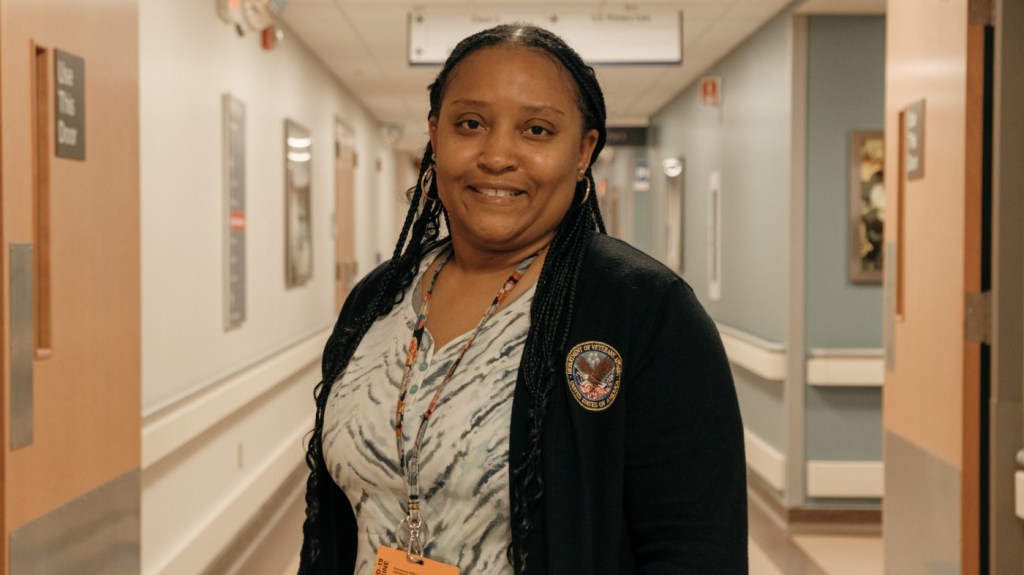
July is National Minority Mental Health Awareness Month. It’s a time to bring awareness to the unique challenges that racial and ethnic minorities in the United States face when it comes to mental illness.
A history of Minority Mental Health Awareness Month
July was first declared as National Minority Mental Health Awareness Month in 2008. The full title of the month is Bebe Moore Campbell Minority Mental Health Awareness Month, named after author Bebe Moore Campbell.
The goals of the declaration were twofold. First, the founders wanted to improve access to mental health treatment and services. Second, they wanted to promote public awareness of mental illness, particularly among underserved communities.
Since then, July has been a time to acknowledge and explore issues concerning mental health, substance use disorders, and minority communities. The heart of the month remains the effort to destigmatize mental illness.
VA’s commitment to diversity
Veterans from diverse backgrounds may face additional mental health challenges and stigmas. Recognizing those concerns, VA works to combat disparities by centering health equity as a key consideration.
We do this through the Center for Minority Veterans (CMV), which ensures Veterans receive equal services regardless of race, origin, religion, or gender, while our Office of Health Equity (OHE) works alongside VA’s programmatic efforts to provide individualized health care to each Veteran in a way that eliminates disparate health outcomes.
Diversity in our personnel also helps improve health care disparities and supports our efforts to provide equitable care to all Veterans. When a Veteran walks through our doors and finds a provider who understands their needs, we pave the way for a faster road to recovery.
“VA recognizes that mental health should always be a top priority,” explained Mike Owens, a national recruiter and host of our Talk About It Tuesday weekly livestream on LinkedIn, in a recent episode discussing mental health careers. “We want our Veterans to be healthy, and we want to make sure they’re getting what they need from VA.”
Mental health careers at VA
All Veterans face unique challenges when returning home and transitioning back to civilian life, and our mental health professionals—psychiatrists, psychologists, social workers, and more—are integral to empowering Veterans to take charge of their wellbeing and pursue fuller lives.
- VA psychologists take on leadership roles; work in management, research, academia, and training; and even impact system-wide policies. They also have the opportunity to practice in several specialized areas, including posttraumatic stress disorder (PTSD), traumatic brain injuries, and serious mental illness.
- Our social workers provide direct clinical services and coordinate special interest programs–all while working with the interdisciplinary care team to deliver care in the best interests of the patient.
- Psychiatrists bring unique expertise to our team. As they would in any clinical setting, they focus on prevention, evaluation, diagnosis, and treatment of mental and emotional disorders in their patients. However, the key difference for VA psychiatrists is their experience with Veterans who have unique and often complicated mental health challenges.
- Registered nurses, licensed practical nurses, and nursing assistants all have a valuable role to play when it comes to treating Veterans with mental health concerns. Advanced practice nurses, nurse practitioners, and clinical nurse specialists all profoundly impact the everyday care Veterans receive.
- As a licensed professional mental health counselor (LPMHC) or marriage and family therapist (MFT) at VA, your work will have an immediate impact on the lives of the Veterans in your care. You’ll provide counseling to individual Veterans, as well as their spouses and families, to help them find the solutions they need for better mental health.
No matter your focus, your experience providing mental health services makes you an important member of our team. You’ll partner with your fellow health care providers to address the whole health of our diverse Veterans and see rewarding results.
Work at VA
Working at VA, you’ll join numerous professionals who share in your commitment to caring for our diverse Veteran population.
- EXPLORE mental health jobs at VA.
- READ about VA’s diversity and culture.
- LEARN more about our mission of service.
- SEARCH for a VA career near you.


